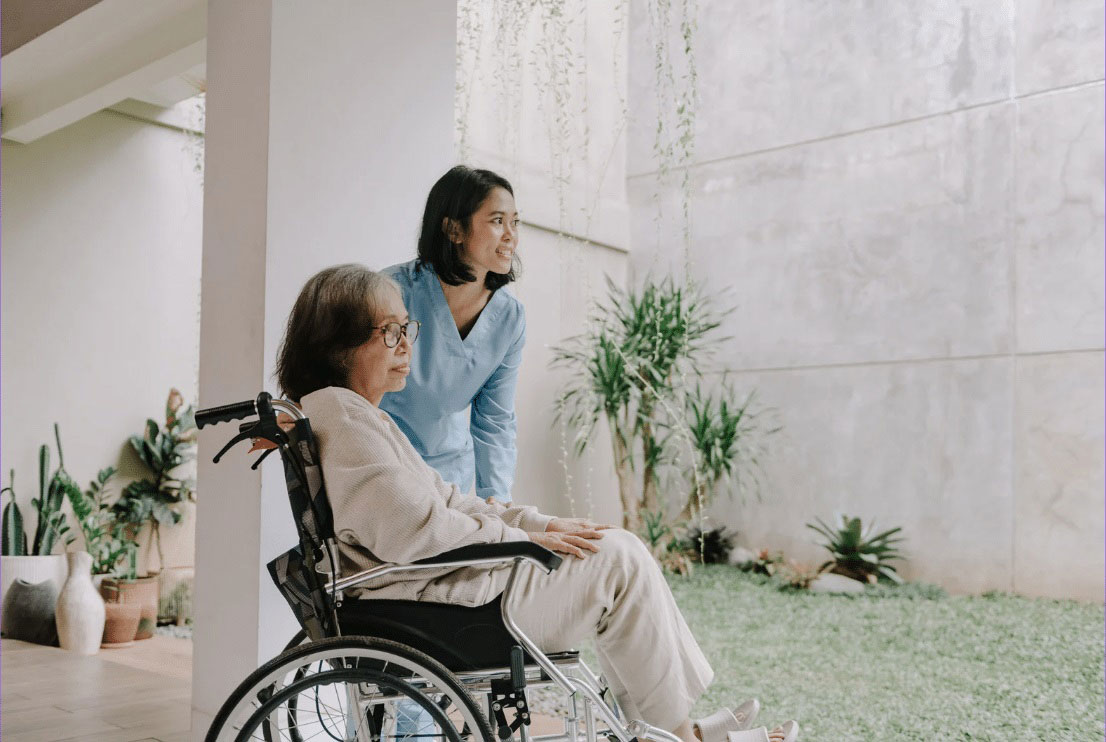⚠️ The NDIS Crackdown: Why High-Intensity Care Training Can’t Be Ignored
The National Disability Insurance Scheme (NDIS) is taking firm action against providers who deliver high-intensity care without proper training. This is not just an administrative issue — it’s about lives.
Too many people have suffered severe harm, and in recent months, tragic deaths have occurred because some providers failed to uphold their duty of care.
The message from the NDIS Commission is clear: if you’re providing high-intensity supports, you must be properly trained and compliant with NDIS Module 1.
At Your Local Care Partner (YLCP), we don’t take that responsibility lightly. Every provider we train is equipped with the knowledge, confidence, and clinical guidance required to safely administer high-intensity supports. Our programs are led by qualified nurses who ensure each participant understands the practical and ethical responsibilities involved in complex care.
❌ There’s no room for shortcuts when people’s lives are at stake.
Compliance is not a checkbox — it’s a promise to deliver care with skill, safety, and compassion. At YLCP, we remain fiercely committed to upholding the highest standards across the NDIS. Because quality care isn’t optional — it’s essential.
Contact us today for more information.
✅ Our team of NDIS nurses can provide training and get you compliant within 1 week.



